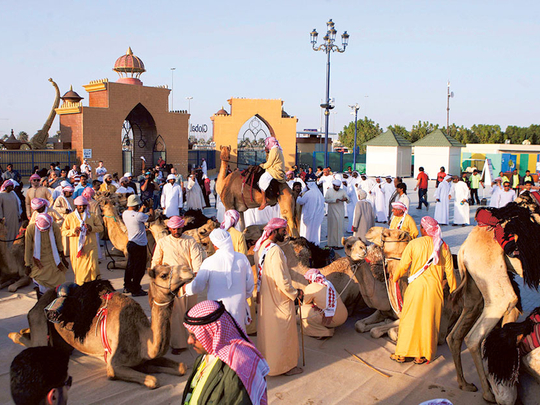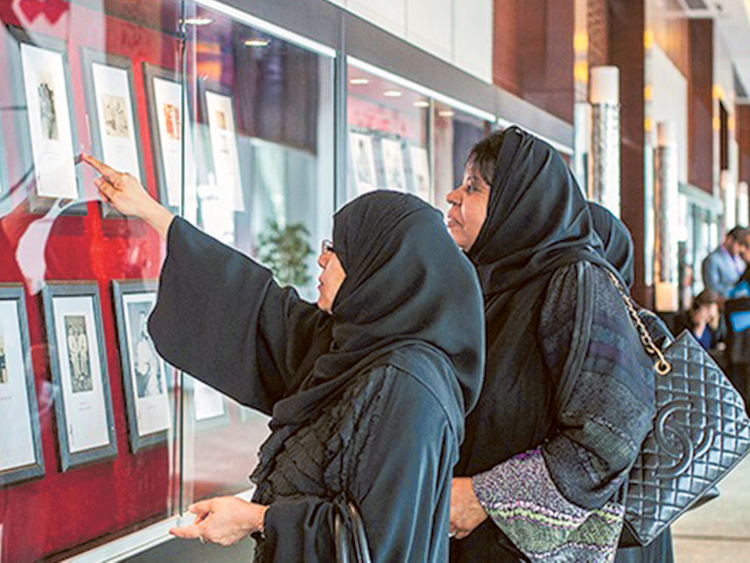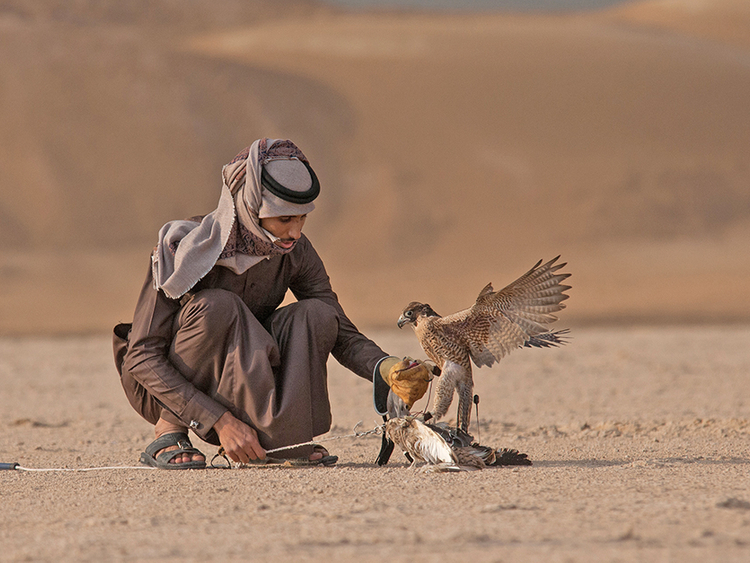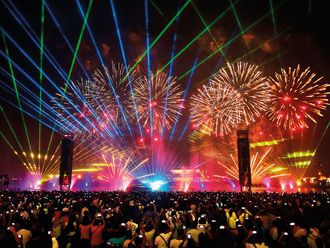
Dubai: The UAE’s history has not been lost in the sands of time; neither has its culture, heritage and the way in which Emiratis lived.
Thanks to the Hamdan Bin Mohammad Heritage Centre (HHC), everything linked to this 43-year-old nation’s past is being preserved and revived for generations to come so as to strengthen Emiratis’ sense of national identity and familiarise residents with the country’s rich heritage.
“Preserving heritage and keeping traditions alive is essential for any country,” Fatma Arif Al Bannay, director of Al Oula radio station and general manager of the Media Office at HHC, said. “A country’s heritage is its link to its past, and preserving and promoting national heritage among younger generations is imperative to familiarise them with ancient traditions and ways of life.”
The centre was established on April, 6, 2013 under a decree issued by Shaikh Hamdan Bin Mohammad Bin Rashid Al Maktoum, Crown Prince of Dubai.
It has a vision to not only nurture traditional sports and cultural pursuits through various events and competitions such as falconry, youlah, poetry, diving, shooting and hunting, but also preserve and document the UAE’s intellectual, scientific and cultural heritage.
“Promoting and popularising Emirati culture and heritage among citizens and residents is at the heart of the founding vision of the centre. Enlisting public support and participation in our events, tournaments and initiatives is fundamental to achieving our objectives,” Fatma said.
The centre also conducts research on the UAE’s heritage, cultural pursuits, history and its people with the aim of building a strong body of reference material for researchers.
Competitions such as the Fazza Championships have today gained global recognition and are considered among the most important heritage sporting events worldwide, thanks to a strong field of competitors and a generous prize fund.
“This has helped connect young Emiratis to their heritage and culture and created opportunities for them to be introduced to traditional sports and to actively participate in them,” Fatma said.
Another initiative called Wathiqati (My Document) aims to provide a strong historical reference for future generations and researchers by preserving and archiving historical documents and collectibles.
However, preserving and promoting heritage is an exercise that demands unwavering commitment, targeted efforts and continuous community engagement, Fatma said.
The centre has so far seen an active response with their Wathiqati initiative with many contributors coming forward with old documents and manuscripts, which has been helping the centre in preserving the history of the UAE.
“True to the inclusive spirit of the UAE, the HHC welcomes everyone in the UAE — whether Emirati or expatriate — to contribute to and participate in our initiatives. Our Fazza Championships, for instance, have been drawing an increasing number of participants and spectators from among the expatriate community as well as tourists, particularly in the falconry championships,” Fatma said.
She pointed out that a 12-day camel trek that the centre organised recently had a half-American, half-British participant apart from 15 Emirati youth, who joined Emirati voyagers on a fascinating cultural expedition through the deserts of the UAE.










